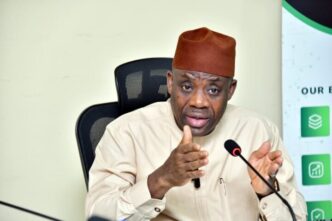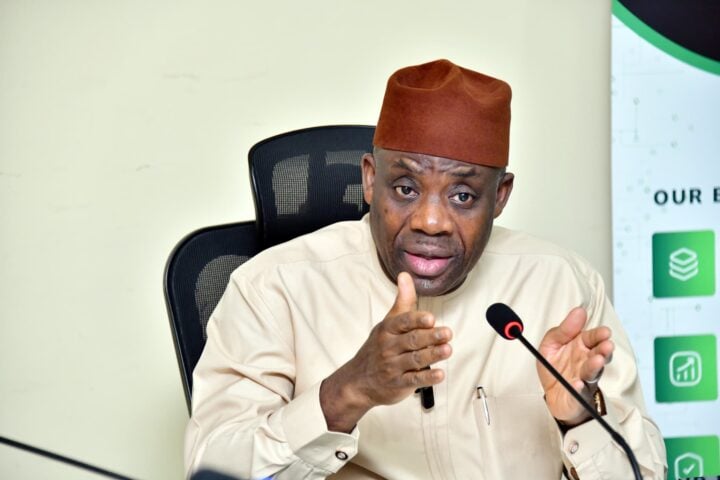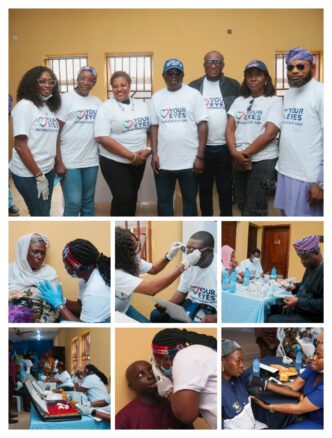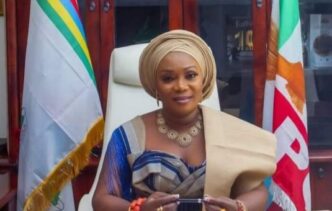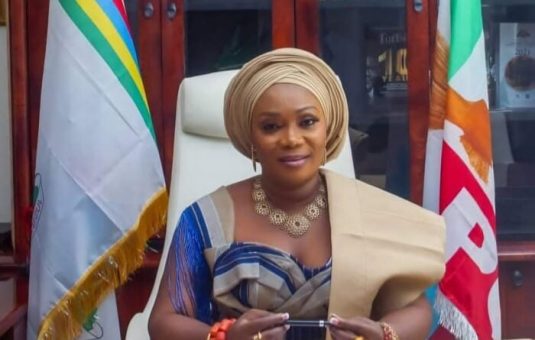The Federal Government has approved a comprehensive reform of admission entry requirements into tertiary institutions nationwide.
EpeInsights reports that the new framework, announced by the Honourable Minister of Education, Dr. Maruf Tunji Alausa, CON, marks a significant milestone in the implementation of President Bola Ahmed Tinubu’s Renewed Hope Agenda.
The policy overhaul seeks to democratize tertiary education by addressing years of restricted access that have left many qualified candidates unable to secure admission.
Each year, over two million students sit for the Unified Tertiary Matriculation Examination (UTME), yet only about 700,000 gain admission into universities, polytechnics, colleges of education, and Innovation Enterprise Academies (IEAs).
According to Dr. Alausa, this disparity is not a reflection of intellectual deficiency among applicants but a consequence of outdated and rigid admission standards that must give way to a more inclusive, equitable and flexible system.
He noted that the reform is a decisive step toward fairness and opportunity, ensuring that access to education is not determined by technicalities but by merit and a genuine desire to learn. “We are putting Renewed Hope into action by opening the doors of our institutions to more young Nigerians,” he said.
Under the revised National Guidelines for Entry Requirements into Nigerian Tertiary Institutions, each category of institution will now operate under a harmonized framework designed to maintain quality while expanding access.
For universities, the minimum requirement will be five credit passes in relevant subjects, including English Language, obtained in not more than two sittings. Mathematics remains compulsory for Science, Technology, and Social Science courses.
For National Diploma (ND) programmes in polytechnics, a minimum of four credit passes in relevant subjects, including English Language for non-science courses and Mathematics for science-related programs, will now be required. At the Higher National Diploma (HND) level, candidates must have a minimum of five credit passes, including English Language and Mathematics.
At the Colleges of Education (NCE) level, candidates are expected to possess at least four credit passes in relevant subjects, with English Language mandatory for Arts and Social Science courses and Mathematics required for Science, Vocational, and Technical programs. For the Bachelor of Education (B.Ed) degree offered by Colleges of Education, the requirement is a minimum of five credit passes, including English Language and Mathematics, depending on the course of study.
Innovation Enterprise Academies (IEAs) are to adopt the same minimum requirements as polytechnics for the National Diploma (ND) program, as the National Innovation Diploma (NID) has now been abolished. The National Industrial Diploma (NID) previously issued by these academies will be phased out and replaced with the National Diploma (ND) to ensure uniformity, credibility, and progression opportunities for graduates.
The National Board for Technical Education (NBTE) has been directed to re-accredit all IEAs nationwide to align with the new ND standards. Institutions that fail to transition to full accreditation under the new framework will be de-accredited.
Dr. Alausa disclosed that the reform will create opportunities for an additional 250,000 to 300,000 students to gain admission into tertiary institutions every year.
He emphasized that this move is not only about expanding access but also about addressing the issue of out-of-school youths, strengthening technical and vocational training, and aligning Nigeria’s education system with global standards.
“By harmonizing our admission guidelines, we are creating a pathway for young Nigerians to acquire the knowledge and skills they need to thrive in a modern economy,” he said.
“Education is the most powerful tool for social mobility, and through this reform, we are ensuring that no willing learner is left behind.”
The Minister reaffirmed that Nigerian youths remain the heartbeat of the nation and that the government is committed to equipping them with the skills and competencies necessary for personal growth and national development.
He added that the reform is a deliberate and strategic component of the Renewed Hope Agenda, focused on inclusive education, human capital development, and youth empowerment.
“The Renewed Hope Agenda is about translating vision into measurable action,” Dr. Alausa concluded. “Education remains the foundation for a prosperous and equitable Nigeria, and we are determined to make that vision a reality.”
The Ministry of Education has also released the official National Guidelines for Entry Requirements into Tertiary Institutions in Nigeria, which take effect immediately across all institutions.
